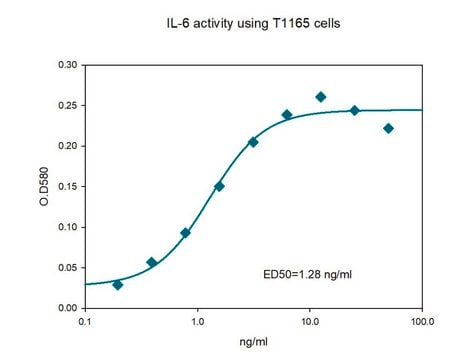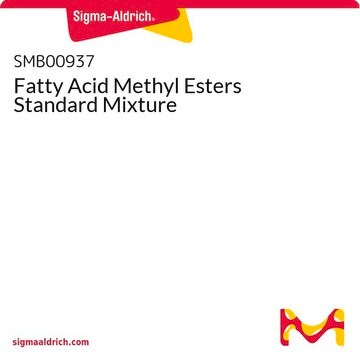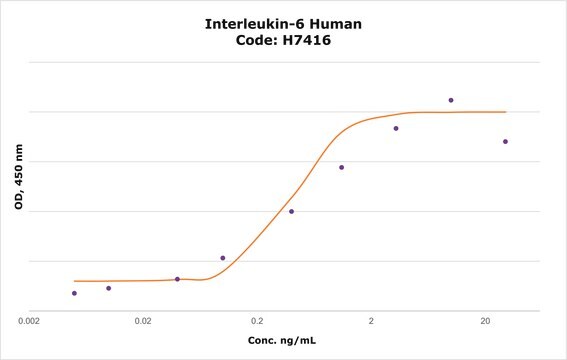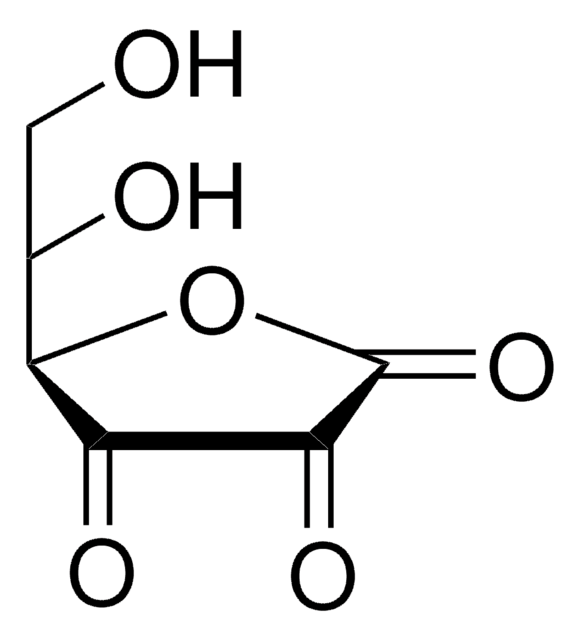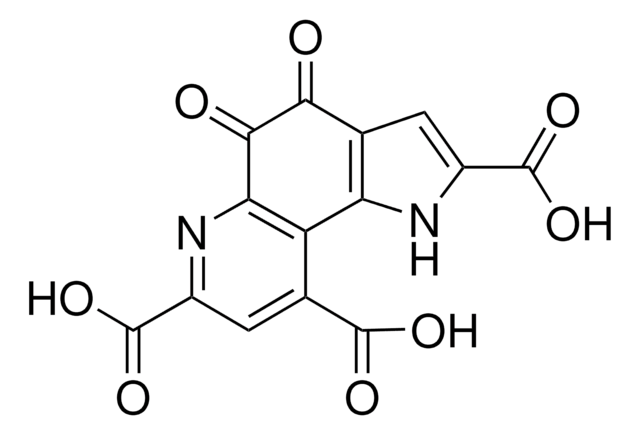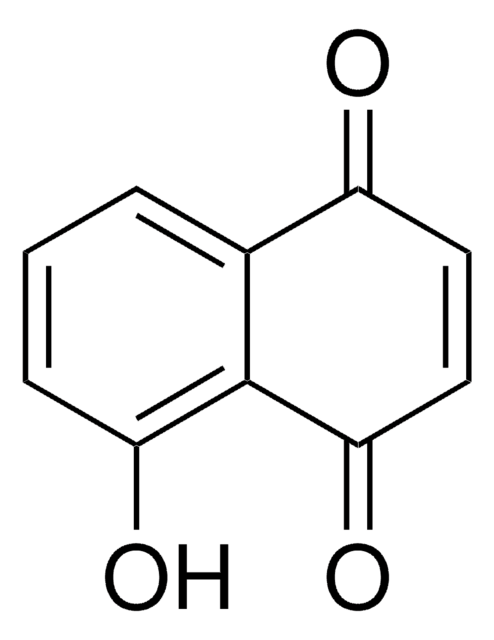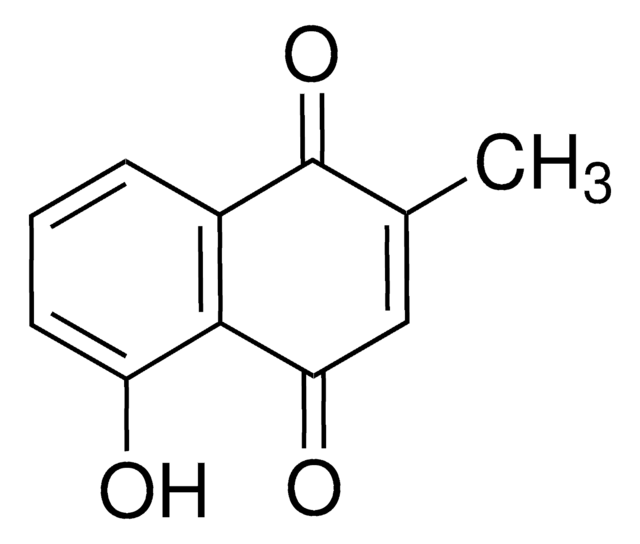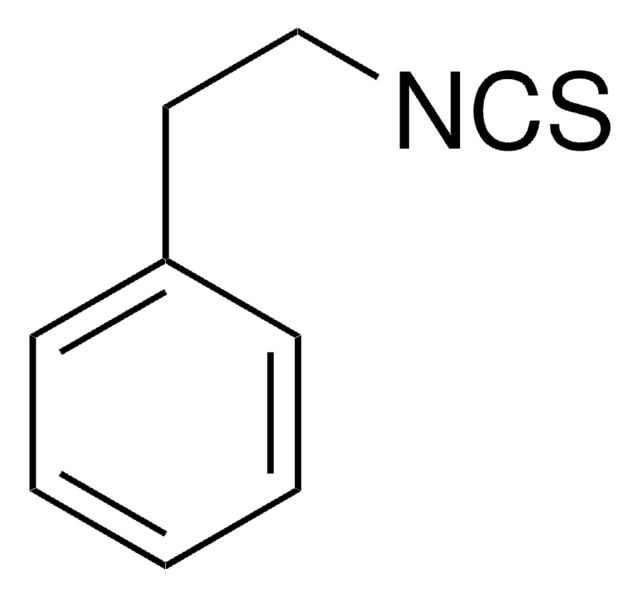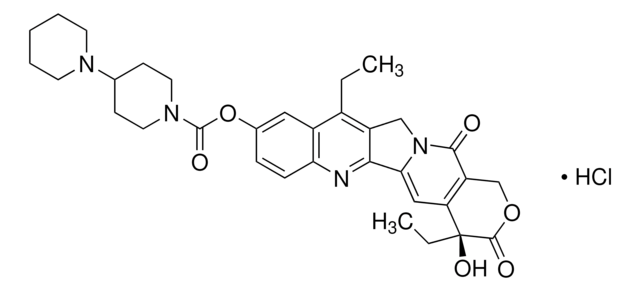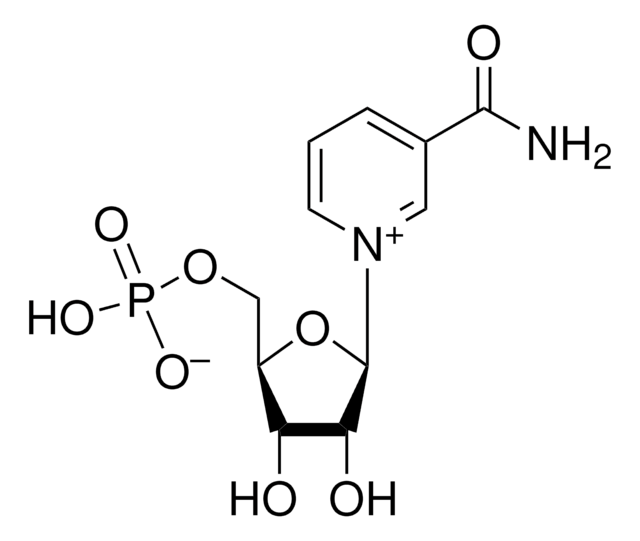L2037
β-Lapachone
≥98% (TLC)
Synonym(s):
ARQ 501, NSC 26326, NSC 629749, SL 11001
Sign Into View Organizational & Contract Pricing
All Photos(1)
About This Item
Empirical Formula (Hill Notation):
C15H14O3
CAS Number:
Molecular Weight:
242.27
MDL number:
UNSPSC Code:
12352200
PubChem Substance ID:
NACRES:
NA.77
Recommended Products
biological source
synthetic (organic)
Quality Level
Assay
≥98% (TLC)
form
powder
SMILES string
CC1(C)CCC2=C(O1)c3ccccc3C(=O)C2=O
InChI
1S/C15H14O3/c1-15(2)8-7-11-13(17)12(16)9-5-3-4-6-10(9)14(11)18-15/h3-6H,7-8H2,1-2H3
InChI key
QZPQTZZNNJUOLS-UHFFFAOYSA-N
Application
β-Lapachone has been used:
- as an anticancer compound in catalase-inhibitable luminol/hydrogen peroxide (HRP)-dependent chemiluminometric assay in Lewis lung carcinoma (LLC) cells and isolated mitochondria
- as a naphthoquinone to study its effects on the growth and differentiation of mice granulocyte and macrophage progenitor cells
- as a substrate to study the enzyme activity of human recombinant NAD(P)H dehydrogenase 1 (NQO1) protein
Biochem/physiol Actions
β-Lapachone acts as a DNA topoisomerase type I inhibitor. It exhibits anti-fungal, anti-bacterial, trypanocidal, and antiviral properties. β-Lapachone also inhibits nitric oxide (NO) and inducible NO synthase (iNOS) in alveolar macrophages.
β-Lapachone is a naturally occurring quinone obtained from the bark of the lapacho tree (Tabebuia avellanedae) with cancer chemopreventive properties. Induces apoptosis in HL-60 and human prostate cancer cells.
Storage Class Code
11 - Combustible Solids
WGK
WGK 3
Flash Point(F)
Not applicable
Flash Point(C)
Not applicable
Personal Protective Equipment
dust mask type N95 (US), Eyeshields, Gloves
Certificates of Analysis (COA)
Search for Certificates of Analysis (COA) by entering the products Lot/Batch Number. Lot and Batch Numbers can be found on a product’s label following the words ‘Lot’ or ‘Batch’.
Already Own This Product?
Find documentation for the products that you have recently purchased in the Document Library.
Customers Also Viewed
David Siegel et al.
Biochemical pharmacology, 83(8), 1033-1040 (2012-01-03)
Quinones represent a large and diverse class of antitumor drugs and many quinones are approved for clinical use or are currently undergoing evaluation in clinical trials. For many quinones reduction to the hydroquinone has been shown to play a key
S M Wuerzberger et al.
Cancer research, 58(9), 1876-1885 (1998-05-15)
Beta-lapachone (beta-lap) affects a number of enzymes in vitro, including type I topoisomerase (Topo I); however, its exact intracellular target(s) and mechanism of cell killing remain unknown. We compared the cytotoxic responses of MCF-7:WS8 (MCF-7) human breast cancer cells after
C J Li et al.
The Journal of biological chemistry, 268(30), 22463-22468 (1993-10-25)
beta-Lapachone is a plant product that has been found to have many pharmacological effects. To date, very little is known about its biochemical target. In this study, we found that beta-lapachone inhibits the catalytic activity of topoisomerase I from calf
Xiumei Huang et al.
Cancer research, 72(12), 3038-3047 (2012-04-26)
Agents, such as β-lapachone, that target the redox enzyme, NAD(P)H:quinone oxidoreductase 1 (NQO1), to induce programmed necrosis in solid tumors have shown great promise, but more potent tumor-selective compounds are needed. Here, we report that deoxynyboquinone kills a wide spectrum
Oliver Quevedo et al.
Chemical research in toxicology, 24(12), 2106-2108 (2011-11-19)
β-Lapachone (β-lap) is a promising antitumoral agent. DNA base oxidation and alkylation are among the expected damages by β-lap. Herein, we have explored the role that the homologous recombination pathway (HR), a critical DNA repair process in Saccharomyces cerevisiae, has
Our team of scientists has experience in all areas of research including Life Science, Material Science, Chemical Synthesis, Chromatography, Analytical and many others.
Contact Technical Service
